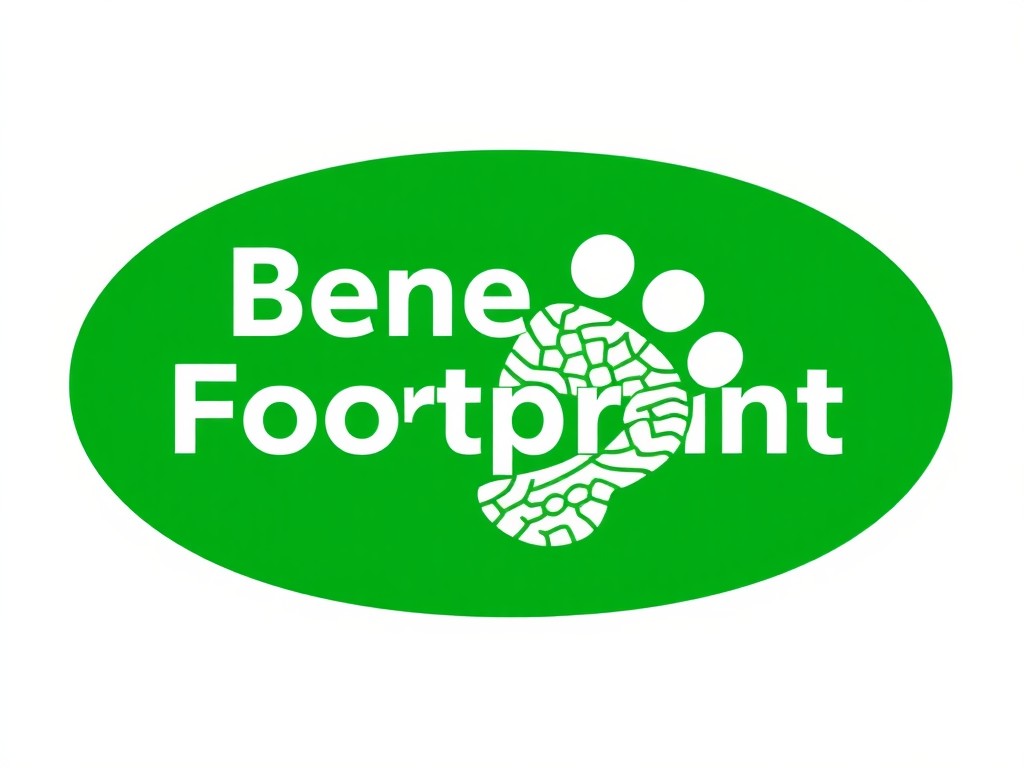Understanding IoT in Construction
The integration of IoT in construction is reshaping the industry, paving the way for innovative construction technology solutions. IoT, or the Internet of Things, facilitates communication between devices, improving both operational efficiency and project management. In the bustling UK construction scene, IoT is emerging as a key component, revolutionising how structures are built and maintained.
The impact of IoT on operational efficiency is profound. Through interconnected devices, construction processes become streamlined, leading to faster project completion and reduced costs. Enhanced data collection means real-time monitoring of machinery and site conditions, allowing for prompt decision-making. This level of oversight means fewer delays and accidents, directly benefiting project timelines and budgets.
This might interest you : Navigating UK Food & Beverage Sustainability Laws: Your Ultimate Guide to Compliance
Emerging trends in construction technology also highlight the role of IoT. Wearable devices and autonomous machinery are becoming commonplace. These technologies not only improve workforce safety but also ensure precision and efficiency in construction tasks. The UK construction industry is beginning to adopt these trends, realising the significant benefits.
By embracing IoT, construction companies can stay ahead of UK construction trends. The integration of smart technologies is not only a contemporary need but a strategic advantage, enhancing competitive edge in this evolving landscape.
This might interest you : Essential Data Privacy Techniques for UK SMEs in International Deals: Strategic Guide for Robust Protection
Key IoT Strategies for Multi-Site Management
Managing multiple construction sites presents unique challenges, and IoT strategies can significantly enhance project efficiency. By leveraging IoT technologies, construction companies can streamline operations, improve communication, and optimise resource allocation across different locations.
Data Integration and Management
Centralised data systems enable seamless real-time monitoring of operations at various sites. IoT facilitates the collection and analysis of data, crucial for making informed decisions. Tools designed for effective data management ensure that information remains precise and secure, thereby minimising risks and errors in project execution.
Enhanced Collaboration Through IoT
IoT-enabled communication fosters improved collaboration among project teams, stakeholders, and subcontractors. By integrating these tools, teams can work cohesively, irrespective of geographical barriers. Successful IoT collaborations often involve robust data sharing and communication protocols, as demonstrated in several multi-site projects.
Predictive Maintenance and Monitoring
One of the critical advantages of IoT in construction is its ability to track equipment health through sensors. Predictive maintenance reduces downtime by anticipating equipment failures before they occur. Companies benefit from efficient resource utilisation and prolonged equipment lifespan, making IoT applications indispensable in construction efficiency.
Case Studies of Successful IoT Implementations
Exploring IoT case studies highlights how construction firms have successfully integrated innovative technology to enhance management and operations—showcasing tangible results and offering valuable lessons.
One prominent example involves a UK-based firm that implemented IoT for multi-site management. They utilised interconnected sensors to monitor site conditions, leading to improved decision-making and resource allocation across all locations. This strategy resulted in increased construction efficiency, with projects being delivered on time and within budget.
Another noteworthy case study comes from a company that adopted IoT for predictive maintenance. They integrated sensors on machinery, significantly reducing maintenance costs and equipment downtime. This allowed them to prolong the equipment lifespan, a critical factor in competitive construction environments.
Key takeaways from these construction success stories include the importance of flexible IoT frameworks tailored to specific project needs. Firms found that embracing IoT can mitigate common project risks and boost overall efficiency. The lessons learned underline the necessity of foresight in IoT planning, considering potential obstacles and evolving needs throughout the project lifespan. Engaging stakeholders early and continuously updating strategies were identified as pivotal to implementing IoT technologies successfully.
Challenges and Solutions in IoT Implementation
Implementing IoT in construction comes with its share of challenges. Common barriers include data security concerns, integration issues with existing systems, and the financial investment required. Organisations may resist due to the perceived complexity and the need for skilled personnel. To overcome these, robust project management solutions are key. Companies can start by conducting a thorough analysis of their current systems and identify potential IoT challenges.
Project management solutions include designing a phased approach to IoT adoption, allowing teams to acclimatise gradually. Training programmes should be implemented to build understanding and equip the workforce with necessary skills, addressing resistance effectively. Ensuring stakeholder buy-in is another essential factor; engaging key stakeholders early and demonstrating potential ROI can bolster support.
The importance of stakeholder buy-in cannot be overstated. By involving stakeholders from the start and aligning IoT goals with company objectives, the transition becomes smoother. Open communication and continuous dialogue help address concerns and mitigate barriers. Engaging stakeholders not only facilitates successful implementation but also ensures sustainability in IoT projects. With proactive strategies, organisations can navigate IoT challenges and maximise the benefits of this transformative technology.
Best Practices for IoT Adoption in Construction
IoT adoption in construction is becoming integral, enhancing operations and efficiency across sites. Implementing IoT best practices is crucial for construction firms striving for innovation and project efficiency.
Starting Small and Scaling
To effectively adopt IoT, start on a manageable scale and progressively expand. Launch initial small projects to familiarise teams with new technologies. Gradually implementing IoT strategies can streamline operations and facilitate easier adjustment. Scalable IoT solutions are vital in multi-site operations, enabling firms to grow tech capabilities alongside project demands. Ensure continuous evaluation and adaptation of technology, adapting to evolving needs and circumstances. This approach allows for flexibility and preservation of resources.
Training and Skill Development
Developing relevant skills within teams is essential. Training programmes tailored to construction professionals should focus on leveraging IoT tools. Offering comprehensive resources ensures staff become adept at using and integrating construction technology into daily operations. Fostering a culture of innovation encourages acceptance and enthusiasm for modern tools, propelling firms forward in alignment with UK construction trends.
Evaluating ROI and Performance Metrics
Measure the success of IoT initiatives through robust evaluation of ROI and performance metrics. Identify key performance indicators to track improvement in project efficiency. Use analytics to refine strategies, ensuring maximum value from IoT investments. This systematic approach informs future decisions and maintains alignment with industry trends.
Future of IoT in UK Construction
The future trends of IoT in UK construction are poised to transform the industry further, with adoption rates predicted to soar as technology advances. IoT is expected to play a pivotal role in elevating construction technology and maintaining competitiveness. This evolution will likely focus on enhancing multi-site management efficiency, with smart systems providing seamless coordination and monitoring.
Innovations on the horizon include more sophisticated data analytics and AI integration into IoT ecosystems. These advancements will enable construction firms to predict trends, reduce waste, and optimise project management. Incorporating IoT evolution knowledge can provide construction professionals with an edge, allowing for more precise construction technology utilisation and successful project execution.
Potential innovations also include the increased use of autonomous machinery and advanced robotics, which are already starting to reshape traditional construction tasks. These technologies promise to significantly reduce labour costs and enhance safety. As the industry adapts, the role of IoT in the broader context of industry advancements will be integral to the development of sustainable, efficient construction practices.
By embracing these potential changes, the UK construction sector can remain at the forefront of global industry standards, paving the way for a constructive future.











